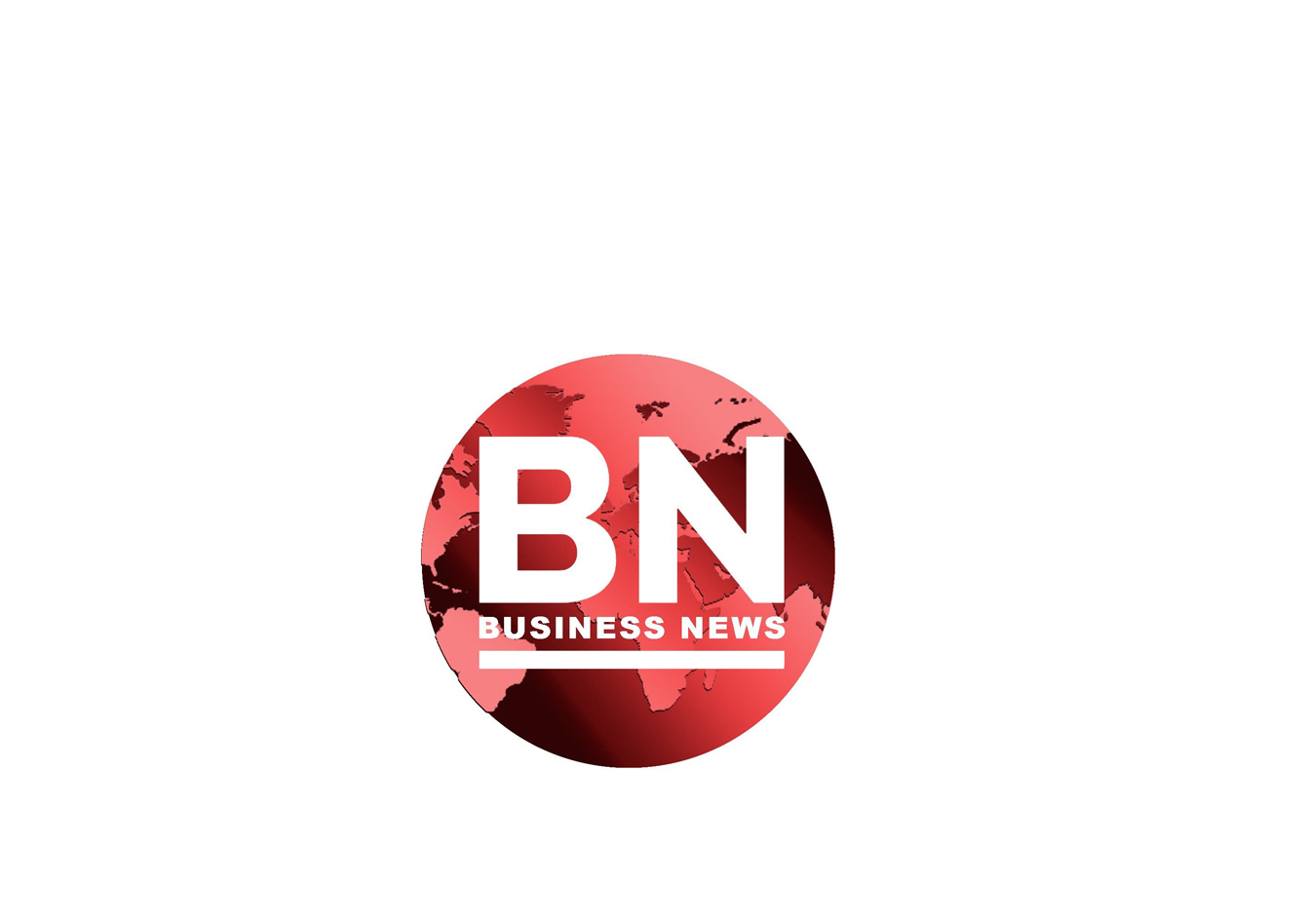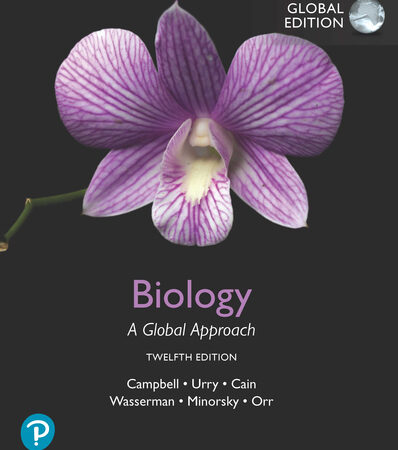Business News: Reuters – London, Dec 20 (Reuters) – British inflation plunged in November to its lowest rate in over two years, prompting investors to pile further into bets that the Bank of England will cut interest rates in the first half of next year.
The annual rate of increase in consumer prices dropped to 3.9% from 4.6% in October, pushed down in part by cheaper petrol, for its lowest reading since September 2021, the Office for National Statistics said on Wednesday.
The headline Consumer Prices Index (CPI) inflation reading was below all forecasts in a Reuters poll of economists which had pointed to a figure of 4.4%. Core and services measures of inflation – closely watched by the BoE – also dropped.
Investors moved to fully price in a BoE rate cut by May 2024 and now see a nearly 50% chance of a cut by March. The pound shed almost half a cent against the U.S. dollar, falling from $1.271 to $1.266. British government bond yields also tumbled.
With its headline rate of inflation now matching that of France, Britain no longer looks like such an outlier in international terms. But the almost 21% rise in consumer prices since 2020 is still more than any other Group of Seven advanced economy and the joint-highest increase in western Europe.
CPI inflation peaked at a 41-year high of 11.1% in October 2022, driven higher by a surge in energy prices after Russia’s full-scale invasion of Ukraine, which aggravated existing bottlenecks that were pushing up prices after the COVID-19 pandemic.
BoE officials have been cautious about whether recent signs of cooling inflation truly represent a sign that persistent, longer-run price pressures are receding, but economists said the latest figures may prompt a rethink.
“This provides strong evidence that disinflationary pressures are building in the UK,” PwC economist Jake Finney said. “Headline, core and services inflation are all now materially below the Bank of England’s expectations in their last November Monetary Policy Report.”
The ONS said transport – and particularly motor fuels – was the biggest downward contributor to inflation in November. Fuel prices were 10.6% lower than the year before.
A much smaller monthly rise in food and drink prices than in November last year also helped, although they remain 27% higher than two years ago and have risen more than 9% in the past 12 months.
Finance minister Jeremy Hunt said the data showed inflation pressures were being removed from the economy. Opposition Labour Party spokeswoman Rachel Reeves said people were worse off after 13 years of Conservative government.
Prime Minister Rishi Sunak, who is set to meet his promise to halve inflation this year, must hold a national election by January 2025.
Core inflation, which strips out energy and food prices, showed an unexpectedly sharp drop, falling to 5.1% from 5.7%.
The rate of services inflation – which BoE officials pay particular attention to as a gauge of domestically-generated inflation – fell to 6.3% from 6.6%.
Samuel Tombs, economist at Pantheon Macroeconomics, said the BoE’s new measure of underlying services inflation also fell sharply – something the BoE could not dismiss as “noise”.
The central bank has been concerned that historically high rates of wage growth will be slow to fall given workers’ recent experience of inflation and a fairly tight labour market, making it hard for CPI to fall all the way back to the BoE’s 2% target.
Separate data showed manufacturers’ raw materials costs were 2.6% lower than a year earlier, the same pace of decline as in October and the joint-biggest since July. Producer output prices fell 0.2%, slightly less than the 0.5% decrease forecast by economists in a Reuters poll.
Source: Reuters











